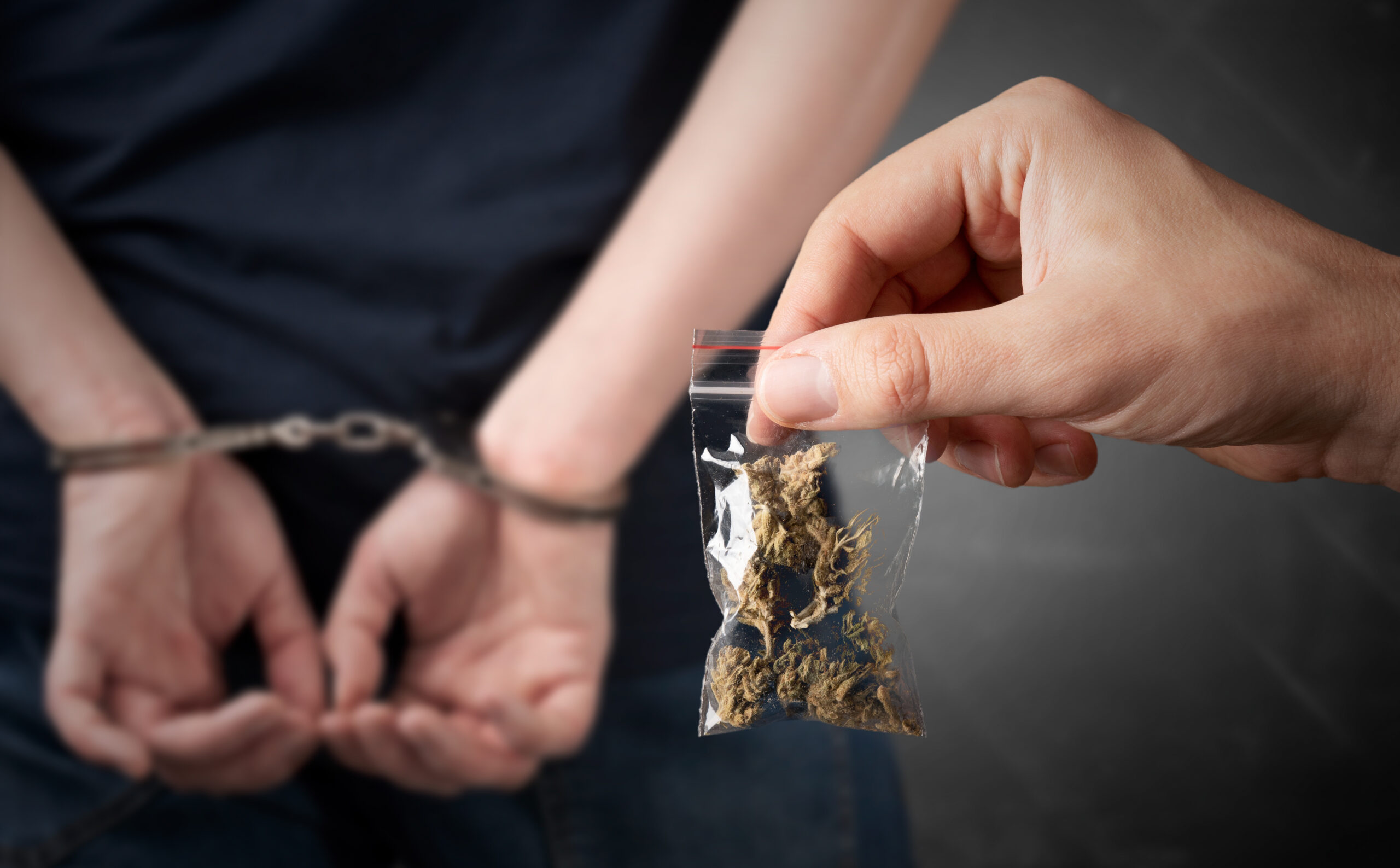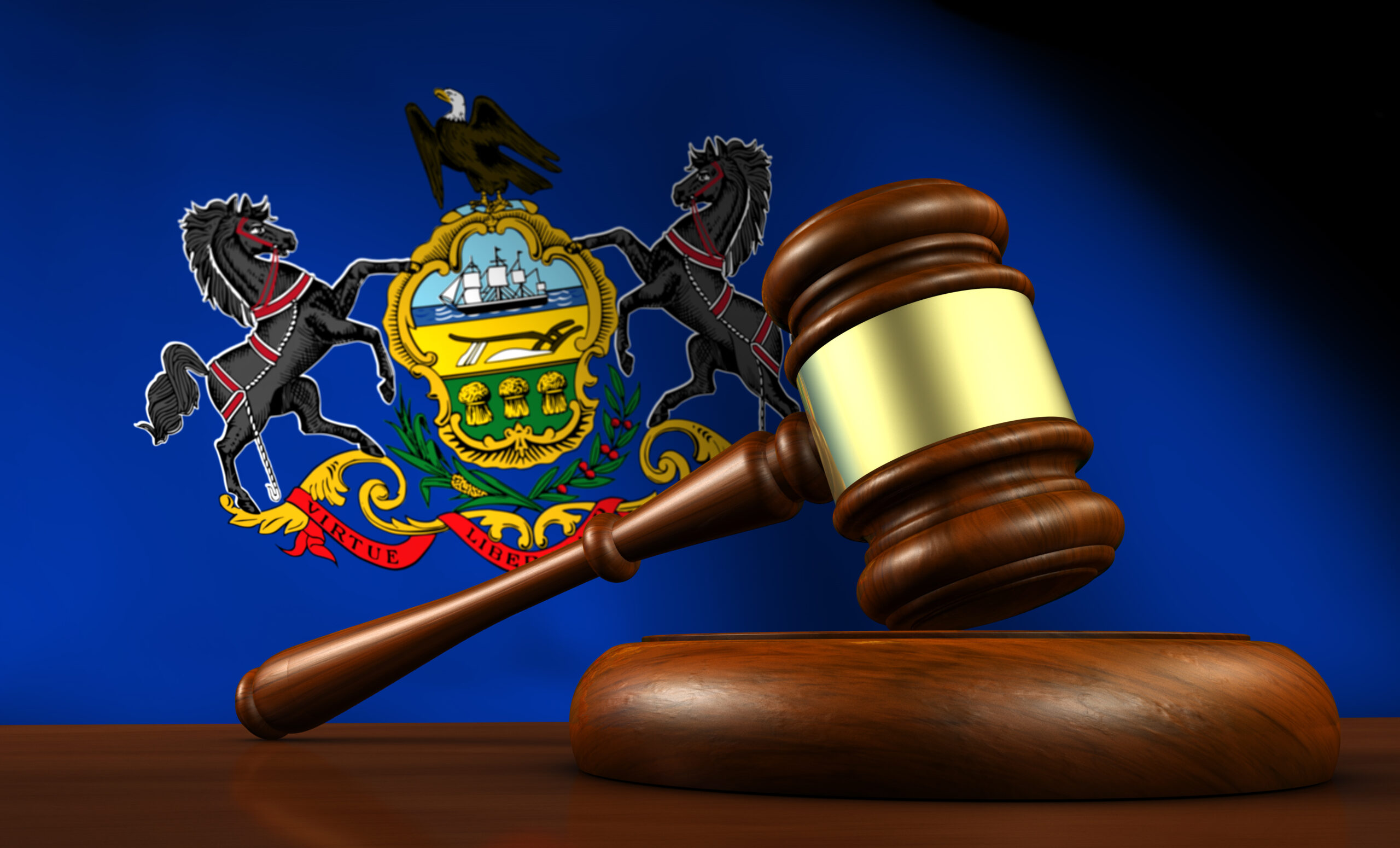If you have been charged with the driving under the influence (DUI) in Pennsylvania, you may be wondering what evidence the prosecution will present at trial. Of course, they will likely present any breathalyzer or other chemical test of your blood alcohol content (BAC) taken at the scene. They also likely will present testimony from the police officer who originally arrested you as well as any eyewitnesses to the arrest. The prosecution will also likely present the results of any field sobriety tests, such as walking in a straight line or reciting the alphabet backwards, that the arresting officer or trooper made you perform at the arrest scene.
Your Lawyer is Permitted Challenge the Evidence Presented by the Prosecution
Bbe aware that just because the prosecution offers or seeks to offer evidence does not mean that it will automatically be considered by the jury. (There is a very extensive set of rules that governs the presentation of evidence in court proceedings in Pennsylvania. A copy of those rules can be found here). First, the evidence must be ruled admissible by a judge. This means the prosecution must show pursuant to Pennsylvania law that the evidence (a) has a tendency to make a fact more or less probable than it would be without the evidence; and (b) the fact is of consequence in determining the action. The evidence also must not be unfairly prejudicial, confuse the issues, mislead the jury, cause undue delay, waste time, or be needlessly cumulative. (Under Pennsylvania law, “unfairly prejudicial” means the evidence “has a tendency to suggest decision on an improper basis or to divert the jury’s attention away from its duty of weighing the evidence impartially.”) Your lawyer will not only seek to exclude the prosecution’s evidence on these grounds, but will also seek to raise serious doubts in the minds of the jury even if a judge allows evidence in.
A Breathalyzer Is Just Some Evidence, It Does Not Conclusively Prove Guilt
Many people make the mistake of assuming that their case is over if there was a positive breathalyzer or other test performed by a police officer on the scene. However, it is not that simple. If you have an experienced attorney, there are many ways that he or she will seek to challenge the admissibility of this test, including by attacking whether the test was performed properly by the police office or state trooper, whether the evidence was properly preserved by the police and prosecution, and a number of other challenges.
Other Evidence the Prosecution Will Present in a DUI
Aside from the results of any breathalyzer or other chemical test that a police officer may administer upon the scene, which the prosecution may present at a trial on a charge of DUI, would be the testimony of the officer or trooper who arrested you as well as the results of any field sobriety tests. However, just as with a breathalyzer or other chemical test, your lawyer will challenge the introduction into evidence of these tests and testimony. This is an area that is particularly ripe for challenges to prosecution evidence on the basis it is unfairly prejudicial.






